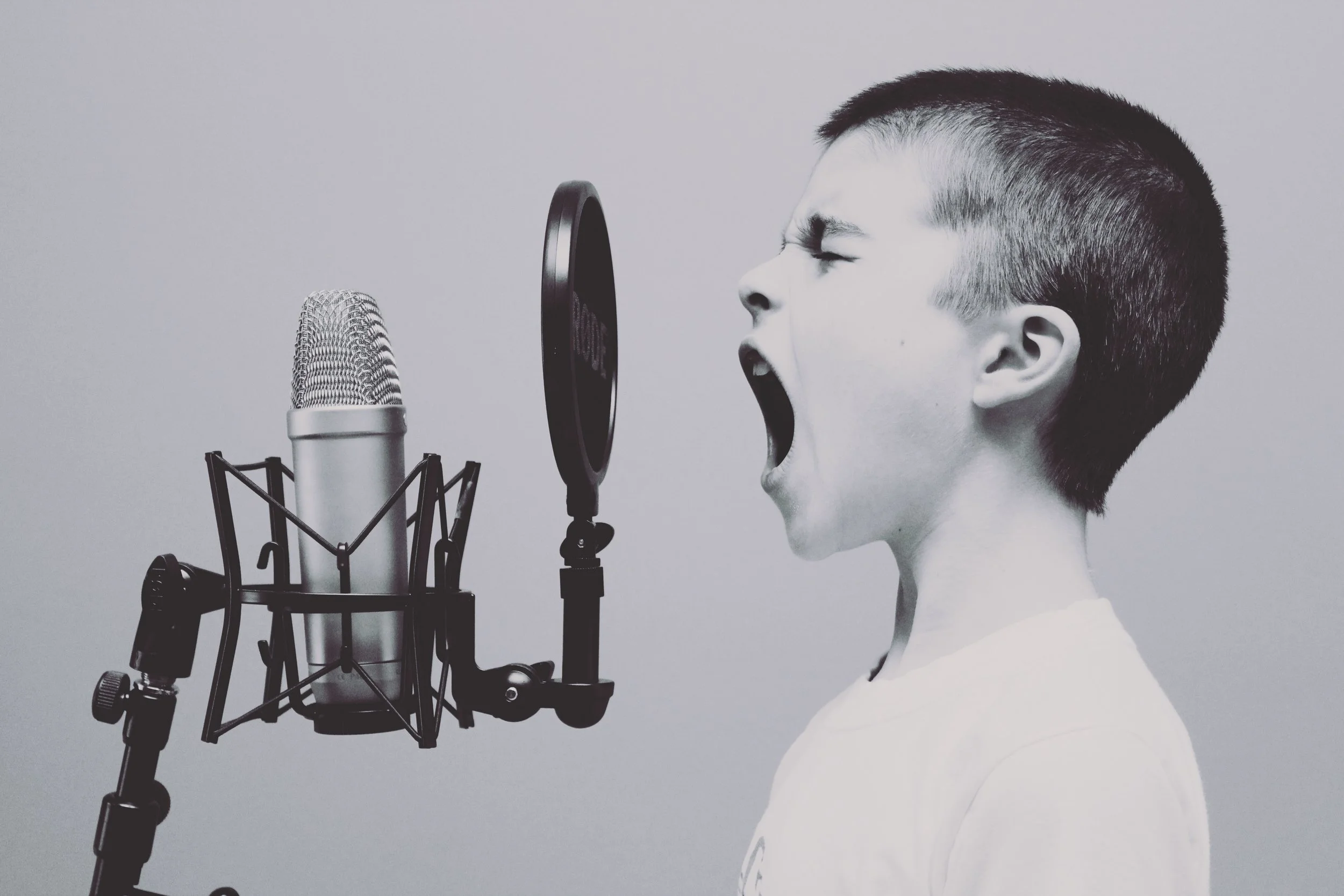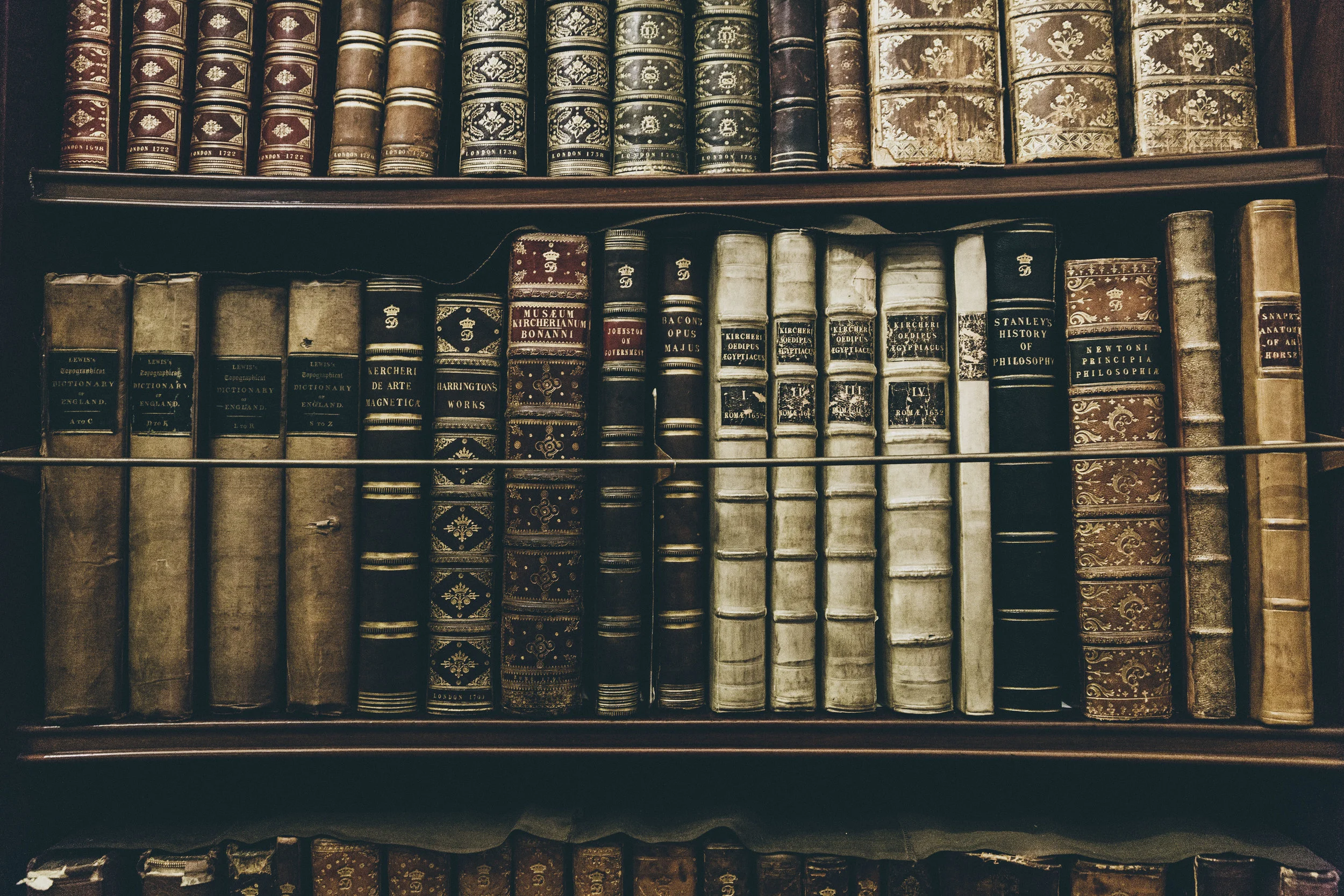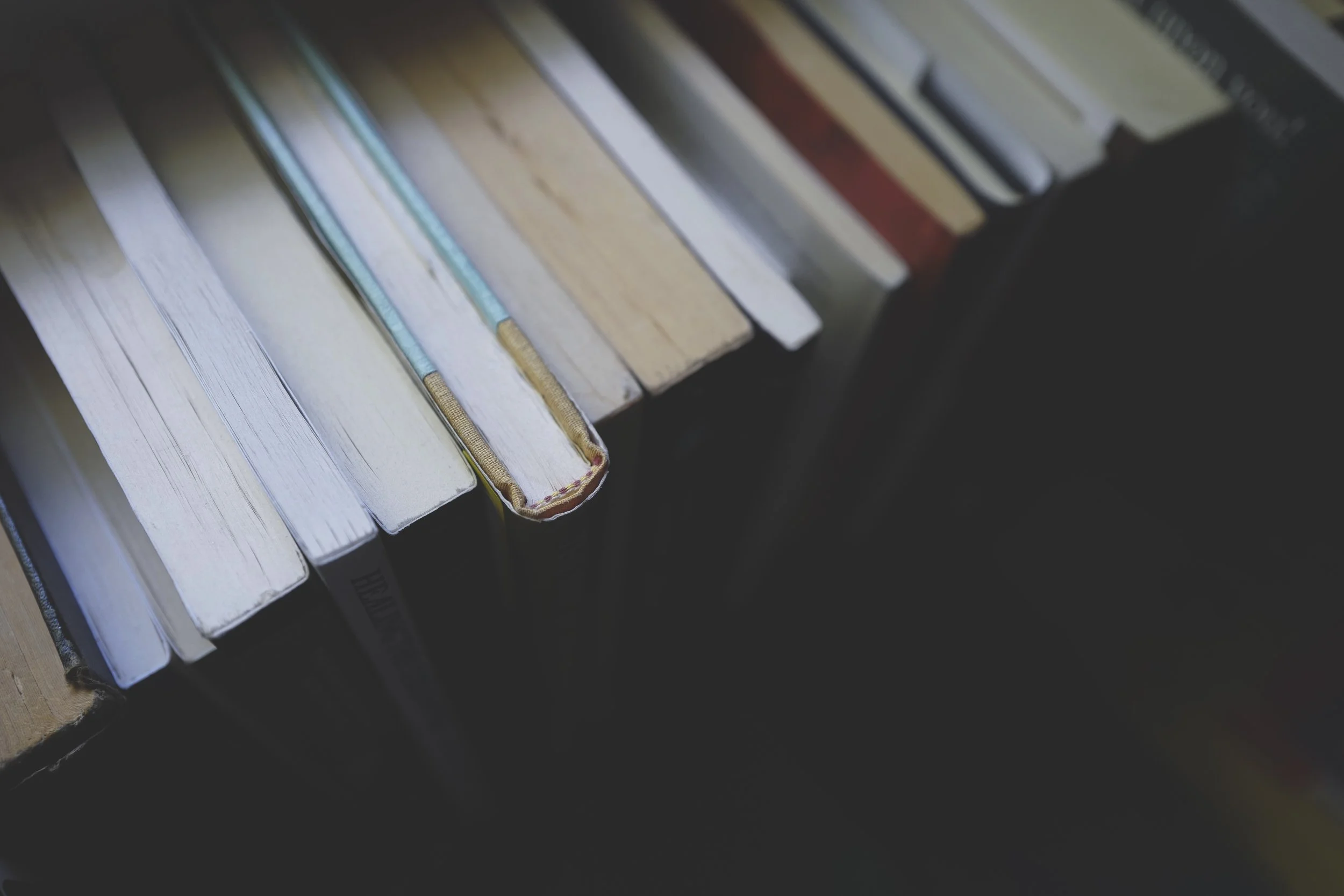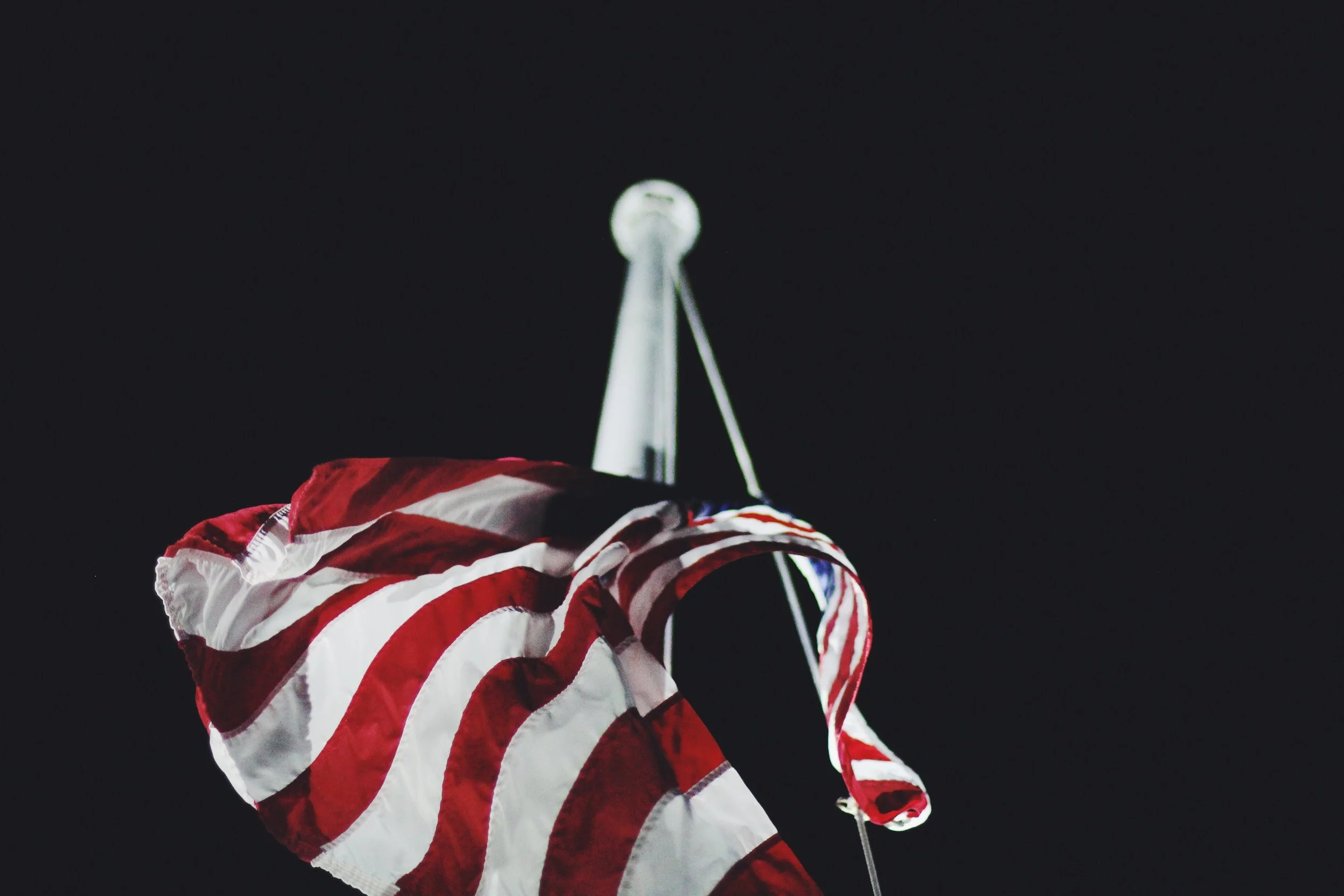5 Books to Read After Bad Feminist
For many people, women especially, the Women's March on Washington and its sister marches in cities around the globe was an entry point into activism. People who have never protested before have been so enraged (and rightly so) by Trump's campaign and actions as president that they're taking to the streets.
Similarly, I remember when Bad Feminist came out and nearly every woman I knew was reading it (though it's probably more beneficial for men to read it since sexism is a problem created and perpetuated by men). People who had never read a feminist text before were interested in feminist literature for the first time. As a lifelong self-proclaimed feminist myself, I was thrilled to see this.
But not everyone is a power reader who consumes 50+ books a year. For casual readers who aren't publishing-adjacent and keeping track of new releases, finding what comes next can be a challenge. So here are five essay collections to read after Bad Feminist.
We Should All Be Feminists
by Chimamanda Ngozi Adichie
Based off her viral TED Talk, Adichie's We Should All Be Feminists may be but little, but it is fierce. She has the incredible gift of packing a paragraph of meaning into a single sentence, so although this book is only 50 pages, you'll come away with so much more than you thought possible.
Women, Race & Class
by Angela Y. Davis
Angela Yvonne Davis is the kind of activist we should all aspire to be. Nowadays you hear about intersectionality all the time (as we should!) but Davis was decades ahead of the game. Though she has penned a number of books and standalone articles, this collection is among her most popular. It's an in-depth look at the way sexism, racism, and classism have worked in concert to perpetuate oppression for centuries.
Outrageous Acts and Everyday Rebellions
by Gloria Steinem
You'll definitely want to read the most updated version of this one. Outrageous Acts and Everyday Rebellions is a look at Steinem's early journalistic works, including one in which she goes undercover as a Playboy Bunny to get an inside look at the lifestyle and demands placed on women in an environment where they're paid to be objectified. Though some of the essays do feel a bit dated, it's an interesting look at the issues second wave feminism was concerned with, and proof that the more things change the more they stay the same.
I'm Judging You: The Do Better Manual
by Luvvie Ajayi
You might know Luvvie from her extremely popular blog, Awesomely Luvvie. While I'm Judging You isn't strictly about feminism, Luvvie doesn't shy away from dropping epic (and hilarious) truth bombs about everything from body odor to hashtag misuse to shitty friends who gossip and make bad dating decisions to racism and sexism. There's nary an annoying or problematic subject that Luvvie won't tackle.
Men Explain Things to Me
by Rebecca Solnit
Solnit is credited as having invented the term "mansplaining" which I'd venture to say all women have experienced many times in their lives (whether they recognize it or not). She knows what it is to be an educated, accomplished woman and have the less educated, less competent, less accomplished men in the room try to steal the spotlight and do things such as telling you what the book you wrote is about. It's an in-depth look at subtle sexism and the ways in which men dominate spaces they have no business dominating.
An important note... Three out of the five books on this list, as well a large portion of the canon of feminist literature, are written by women of color. This is important because throughout history women of color have, more often than not, been excluded from feminism. Many of the suffragettes were openly racist and Margaret Sanger, who created the birth control pill in the 1960s, was an advocate of eugenics, just to mention a few instances.
Those who don't know history are doomed to repeat it and the last thing we need is another feminist movement in which the voices of women of color are disregarded and dismissed. That's why I believe it's important to fill your feminist library with a diverse array of voices, especially those of people who have previously been excluded.
Know any other fantastic feminist essay collections? Share them in the comments!






















